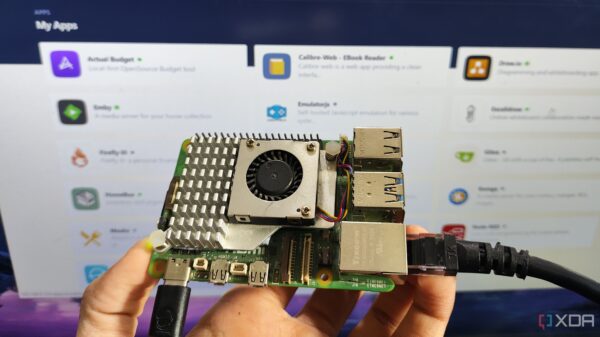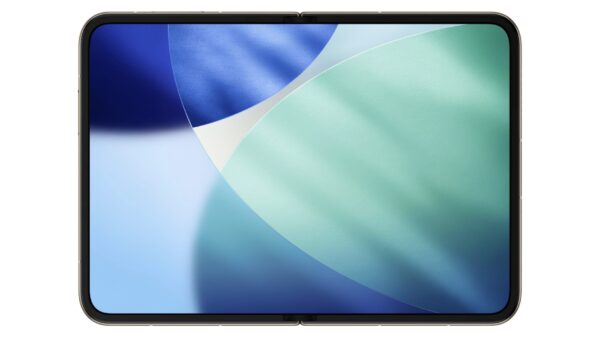In a notable revival within the mobile technology sector, a team of enthusiasts has embarked on a project to upgrade the iconic BlackBerry Passport by integrating modern Android software. Originally launched in 2014, the Passport was renowned for its square screen and physical keyboard, catering primarily to productivity-focused users. Now, nearly a decade later, the initiative aims to transform this nostalgic device into a contemporary smartphone powerhouse.
The upgrade project follows the success of a previous endeavor where the same team adapted the BlackBerry Classic to run on updated Android hardware. According to a report from Android Authority, the group is developing kits that will allow users to replace outdated internal components with newer ones that support Android, featuring enhanced processors and improved connectivity options.
Technical Overhaul for Modern Functionality
This project is not merely a superficial update; it involves a comprehensive technical overhaul. The original Passport will be disassembled to integrate new motherboards, batteries, and displays, all while preserving its distinctive 4.5-inch square screen and touch-sensitive keyboard. As described by sources such as Android on Passport, the team begins with stock devices and meticulously updates them with new parts, followed by rigorous testing to ensure compatibility with modern applications and connectivity standards.
The appeal of this revival is deeply rooted in the nostalgia associated with BlackBerry’s peak popularity, particularly among business users who preferred physical keyboards over touchscreen interfaces. However, the project also addresses the pressing issue of obsolescence, as the Passport’s original operating system, BlackBerry 10, lost support in March 2022, leaving users without reliable communication capabilities.
Market Reactions and Challenges Ahead
The reception of the Passport at launch was mixed, with critics praising its build quality and keyboard innovations while also noting its unconventional design, which some found cumbersome for media consumption. Today, the revival taps into a niche market of keyboard enthusiasts, with the Android integration promising access to Google’s extensive app ecosystem.
Pricing details for the upgrade kits have not been finalized, but parallels to the Classic revival, which was offered for around $400, suggest these kits will be accessible for collectors. Discussions on platforms like Reddit reveal users weighing the potential benefits, such as enhanced security features, against possible limitations in camera performance and 5G support.
Challenges are evident, including the difficulty of sourcing original Passports in good condition and potential legal issues surrounding BlackBerry’s trademarks. Industry observers have noted similar initiatives, such as Unihertz’s Titan series, which offers BlackBerry-inspired designs running on Android from the outset.
The project reflects a broader trend within the tech industry, where vintage devices are being revitalized with modern upgrades. As highlighted by publications like GSMArena, the original Passport featured specifications such as the Snapdragon 801 chipset and a 13MP camera, illustrating the technological advances that make such revivals feasible today.
Future Prospects and Implications
Looking forward, the team behind the upgrade kits is considering expansions that may include additional models. Enthusiasts on platforms like Quora have long speculated on the possibility of Android ports, and these kits aim to make the technology accessible to users without extensive technical expertise.
While the revival may not appeal to mass-market consumers, it could influence future device designs, reinforcing the idea that productivity tools still hold value in a predominantly touchscreen world. As mobile technology continues to evolve towards foldable devices and artificial intelligence, the Passport’s transition to Android represents an intriguing connection between the past and present, catering to those who still appreciate the tactile experience of a physical keyboard.



































































